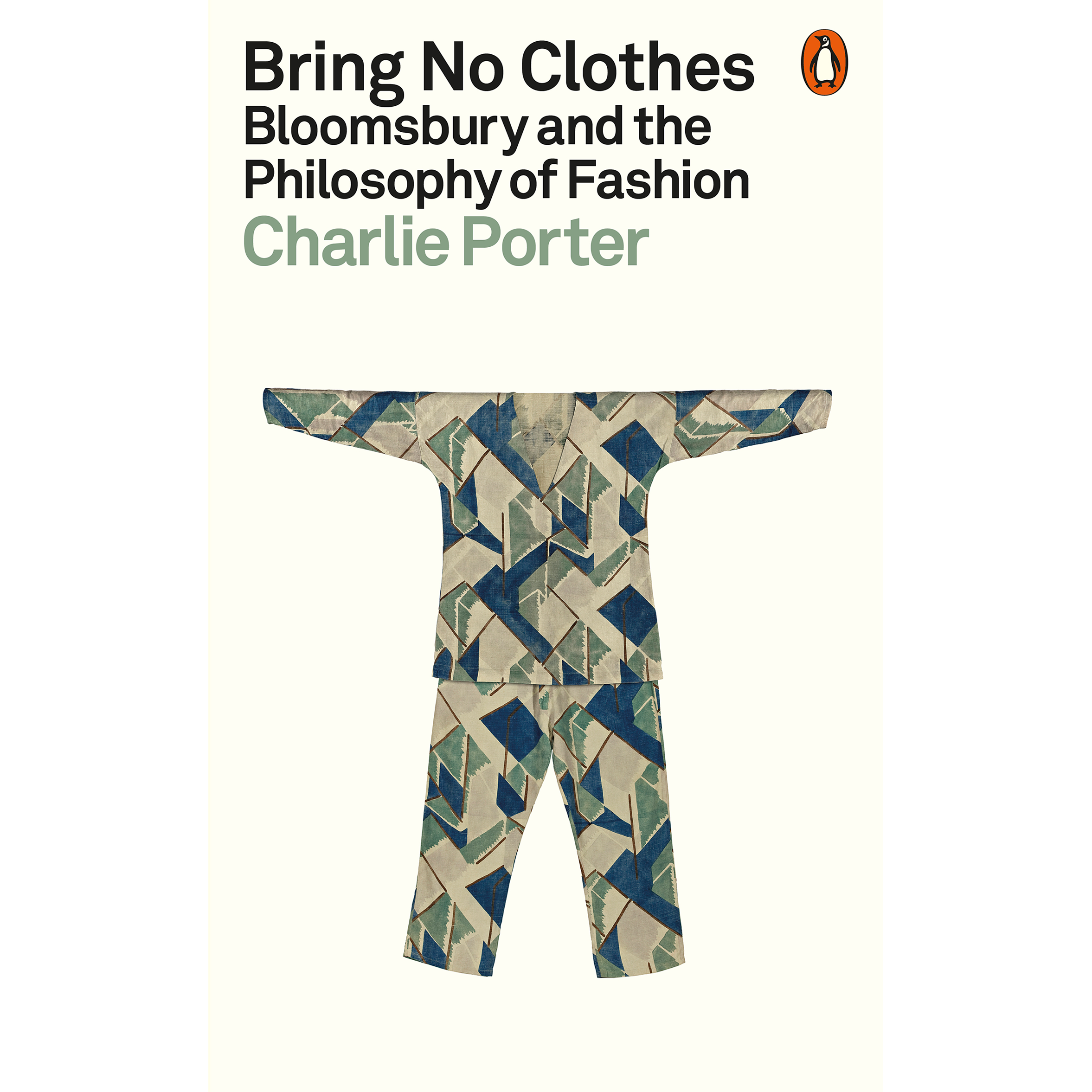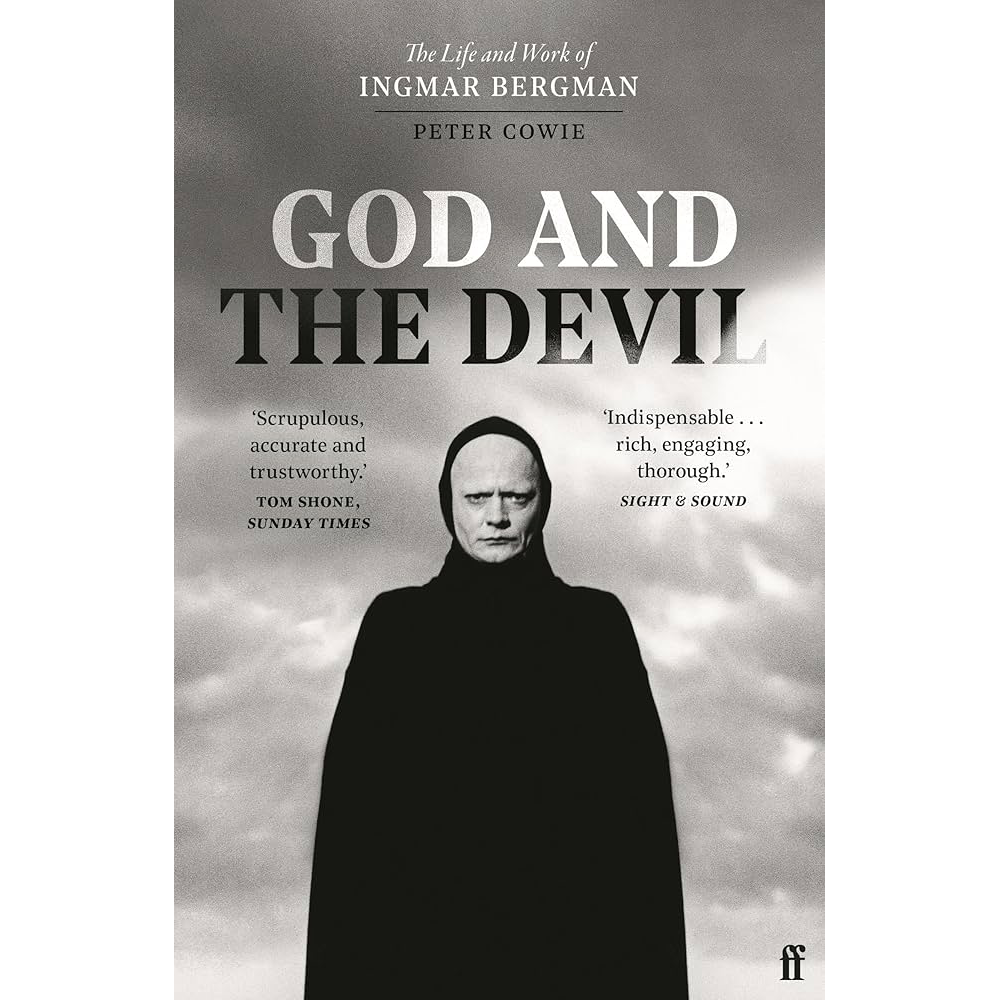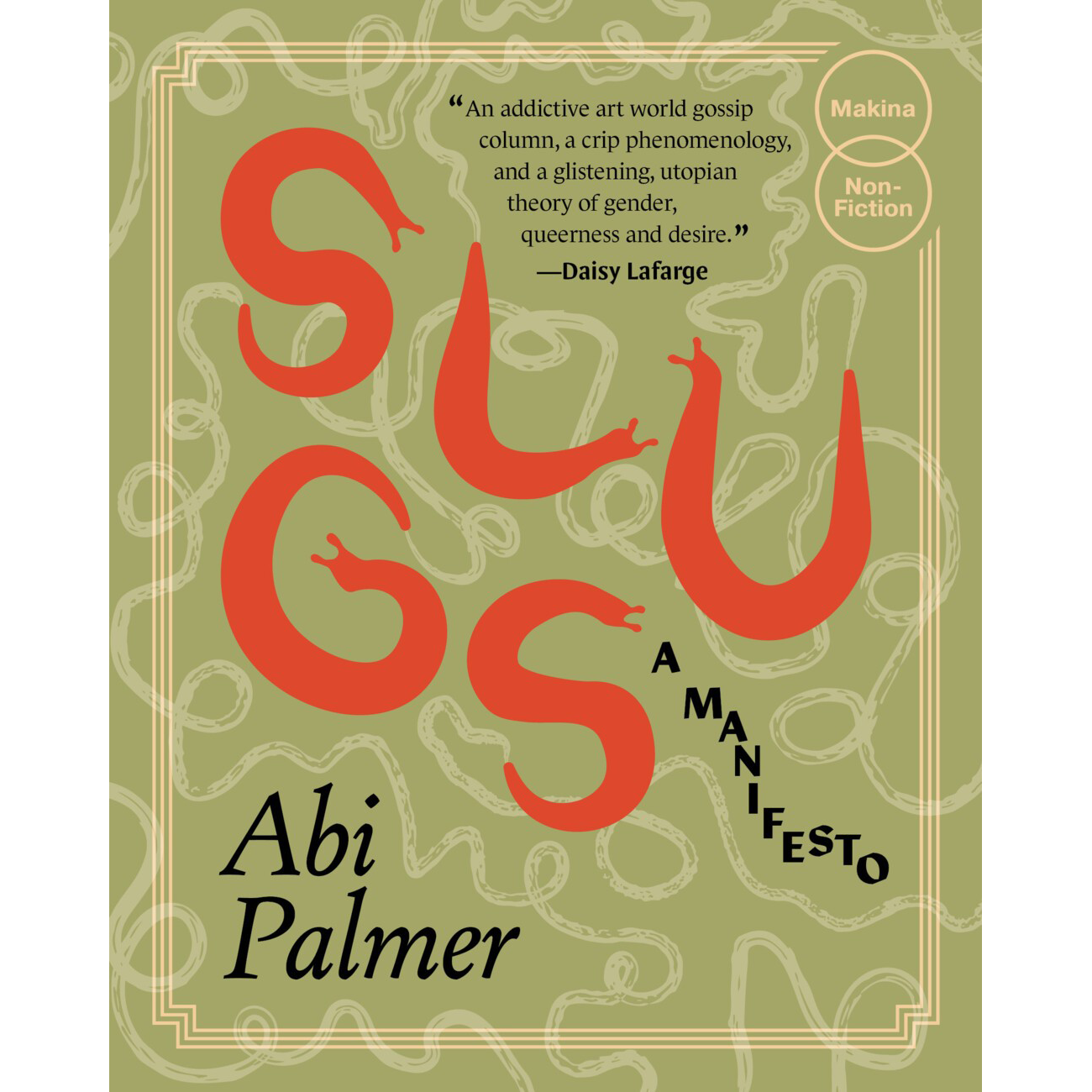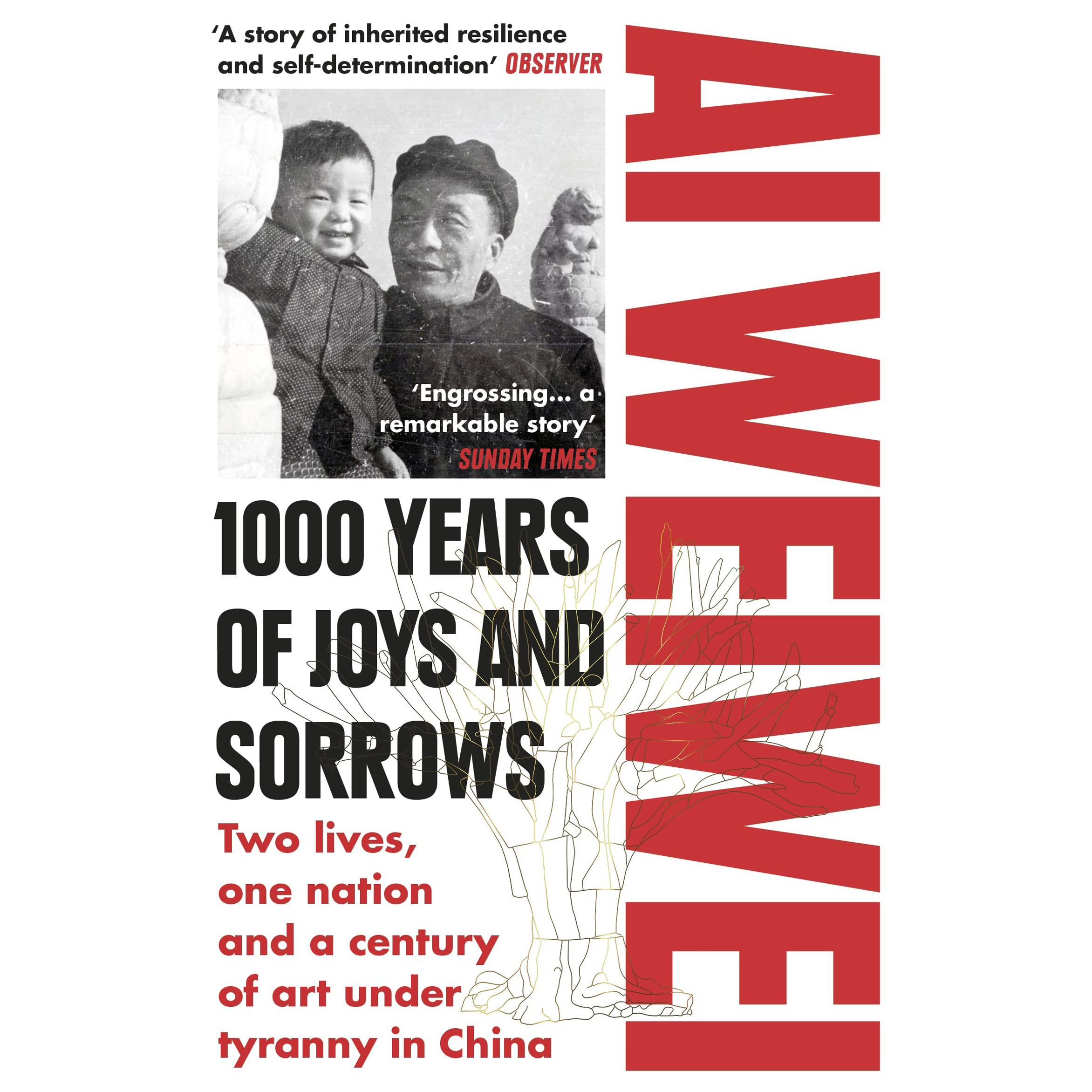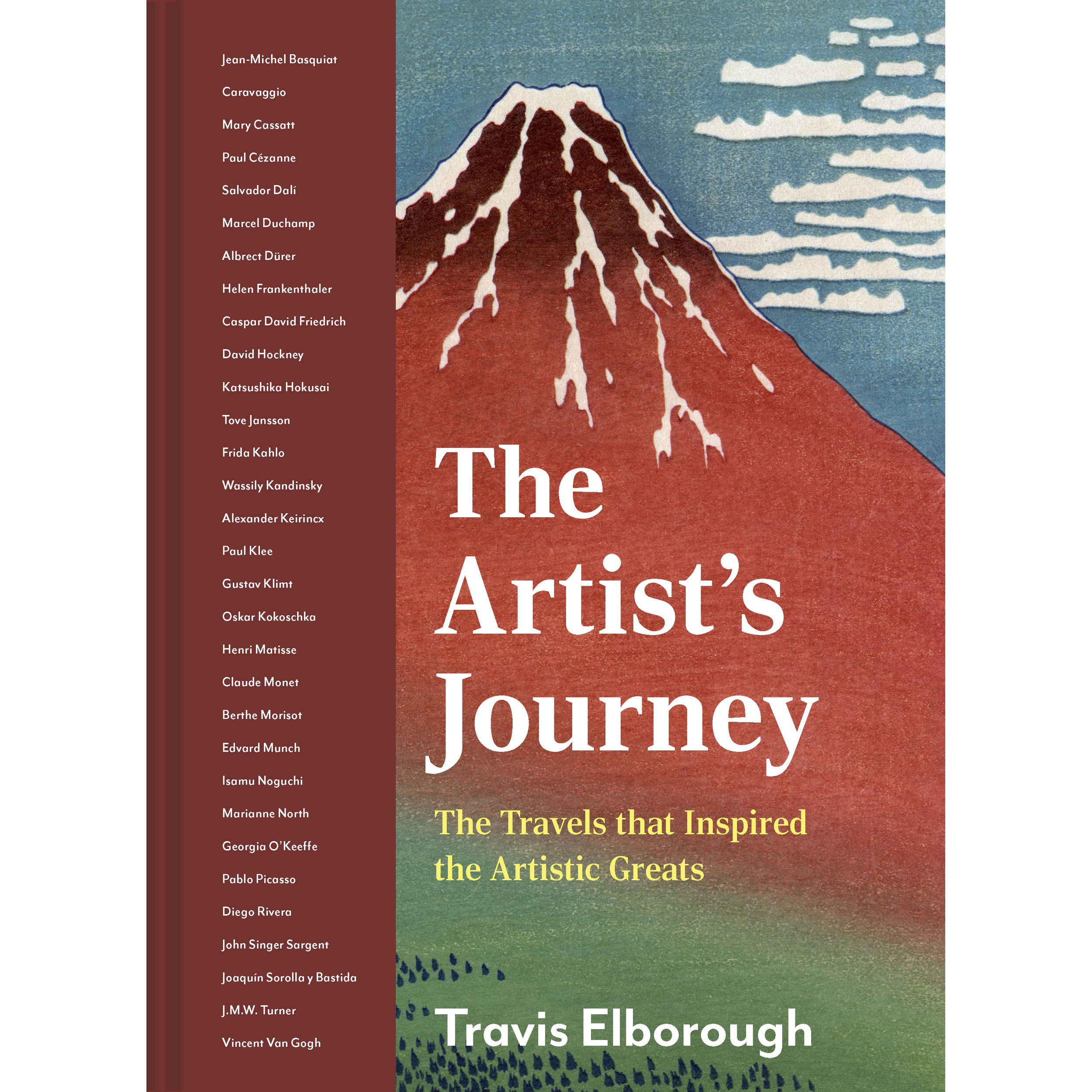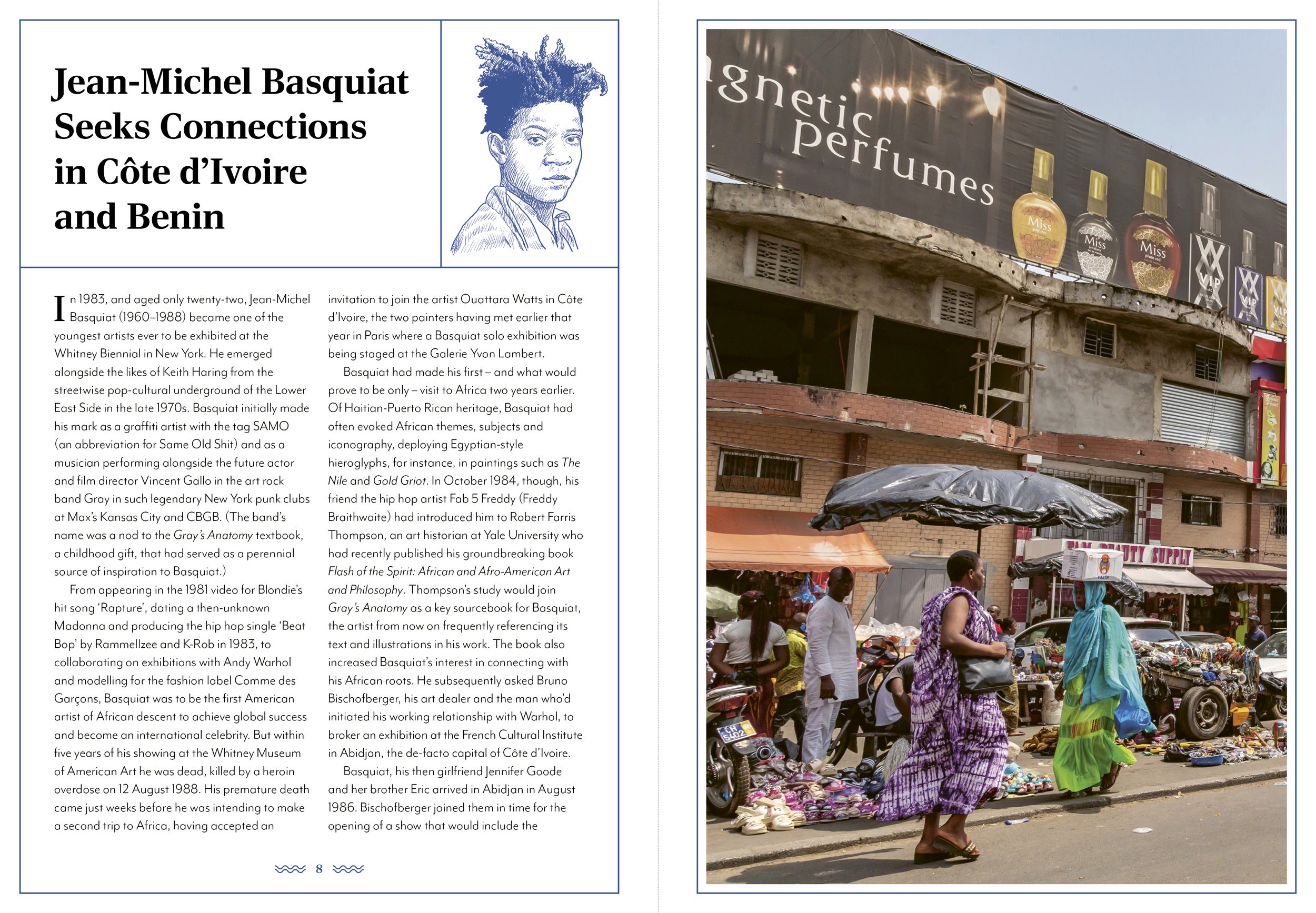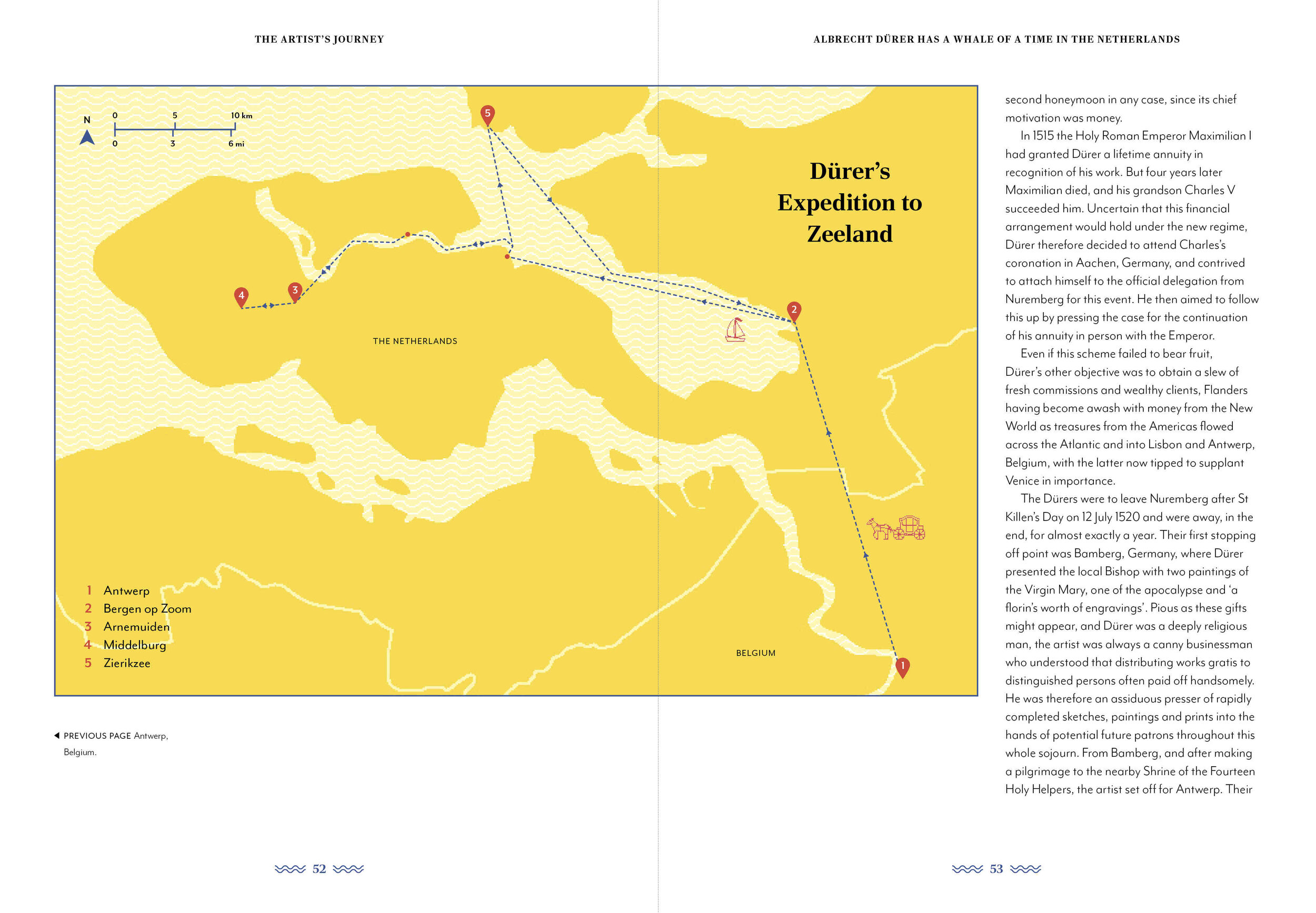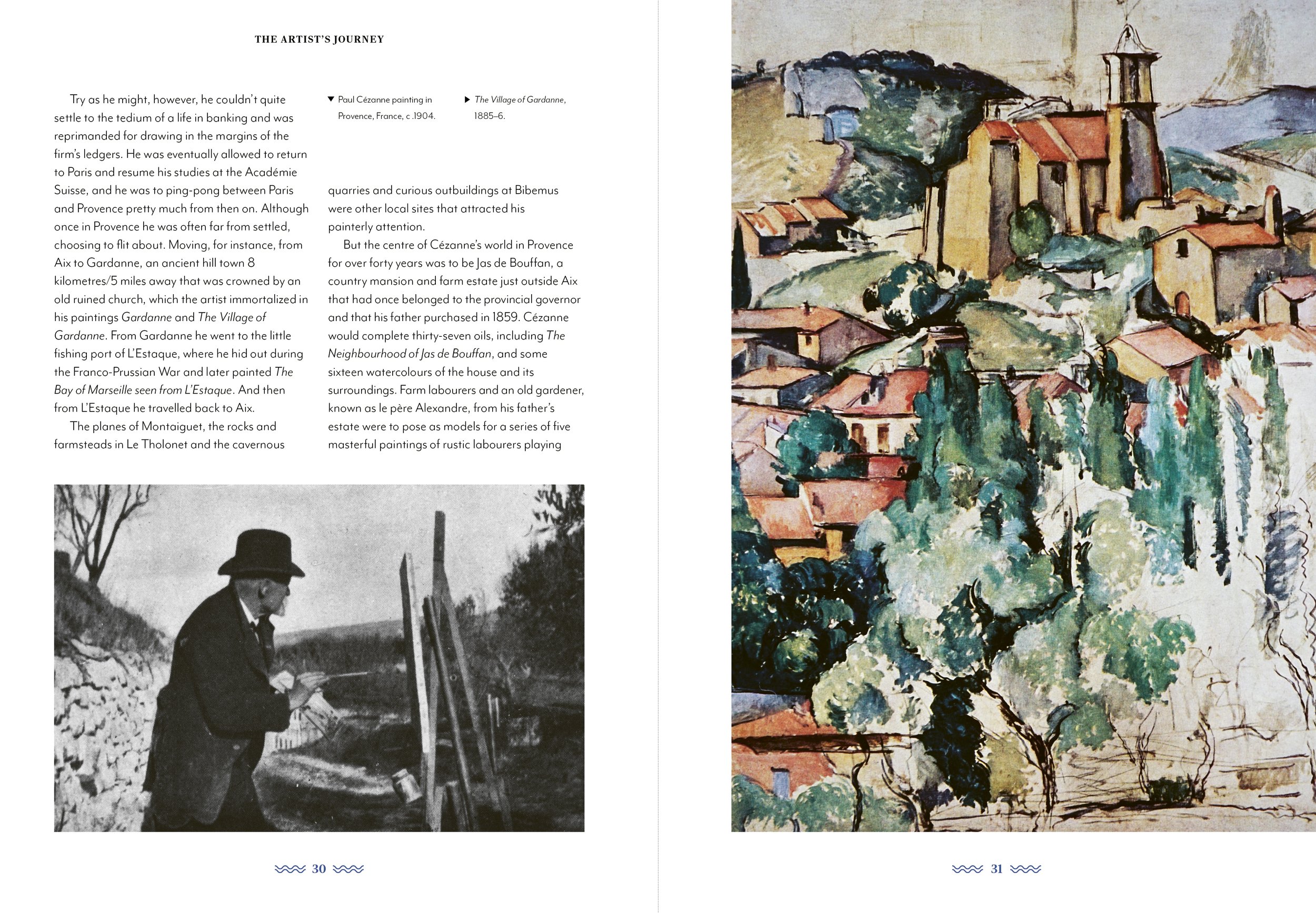Bring No Clothes
Bring No Clothes: Bloomsbury and the Philosophy of Fashion | By Charlie Porter
Why do we wear what we wear? To answer this question, we must go back and unlock the wardrobes of the early twentieth century, when fashion as we know it was born.
In Bring No Clothes, acclaimed fashion writer Charlie Porter brings us face to face with six members of the Bloomsbury Group, the collective of artists and thinkers who were in the vanguard of a social and sartorial revolution. Each of them offers fresh insight into the constraints and possibilities of fashion today: from the stifling repression of E.M. Forster's top buttons to the creativity of Vanessa Bell's wayward hems; from the sheer pleasure of Ottoline Morrell's lavish dresses to the clashing self-consciousness of Virginia Woolf's orange stockings. As Porter carefully unpicks what they wore and how they wore it, we see how clothing can be a means of artistic, intellectual and sexual liberation, or, conversely, a tool for patriarchal control.
Travelling through libraries, archives, attics and studios, Porter uncovers fresh evidence about his subjects, revealing them in a thrillingly intimate, vivid new light. And, as he is inspired to begin making his own clothing, his perspective on fashion - and on life - starts to change. In the end, he shows, we should all 'bring no clothes,' embracing a new philosophy of living: one which activates the connections between the way we dress and the way we think, act and love.
Bring No Clothes: Bloomsbury and the Philosophy of Fashion | By Charlie Porter
Why do we wear what we wear? To answer this question, we must go back and unlock the wardrobes of the early twentieth century, when fashion as we know it was born.
In Bring No Clothes, acclaimed fashion writer Charlie Porter brings us face to face with six members of the Bloomsbury Group, the collective of artists and thinkers who were in the vanguard of a social and sartorial revolution. Each of them offers fresh insight into the constraints and possibilities of fashion today: from the stifling repression of E.M. Forster's top buttons to the creativity of Vanessa Bell's wayward hems; from the sheer pleasure of Ottoline Morrell's lavish dresses to the clashing self-consciousness of Virginia Woolf's orange stockings. As Porter carefully unpicks what they wore and how they wore it, we see how clothing can be a means of artistic, intellectual and sexual liberation, or, conversely, a tool for patriarchal control.
Travelling through libraries, archives, attics and studios, Porter uncovers fresh evidence about his subjects, revealing them in a thrillingly intimate, vivid new light. And, as he is inspired to begin making his own clothing, his perspective on fashion - and on life - starts to change. In the end, he shows, we should all 'bring no clothes,' embracing a new philosophy of living: one which activates the connections between the way we dress and the way we think, act and love.
Bring No Clothes: Bloomsbury and the Philosophy of Fashion | By Charlie Porter
Why do we wear what we wear? To answer this question, we must go back and unlock the wardrobes of the early twentieth century, when fashion as we know it was born.
In Bring No Clothes, acclaimed fashion writer Charlie Porter brings us face to face with six members of the Bloomsbury Group, the collective of artists and thinkers who were in the vanguard of a social and sartorial revolution. Each of them offers fresh insight into the constraints and possibilities of fashion today: from the stifling repression of E.M. Forster's top buttons to the creativity of Vanessa Bell's wayward hems; from the sheer pleasure of Ottoline Morrell's lavish dresses to the clashing self-consciousness of Virginia Woolf's orange stockings. As Porter carefully unpicks what they wore and how they wore it, we see how clothing can be a means of artistic, intellectual and sexual liberation, or, conversely, a tool for patriarchal control.
Travelling through libraries, archives, attics and studios, Porter uncovers fresh evidence about his subjects, revealing them in a thrillingly intimate, vivid new light. And, as he is inspired to begin making his own clothing, his perspective on fashion - and on life - starts to change. In the end, he shows, we should all 'bring no clothes,' embracing a new philosophy of living: one which activates the connections between the way we dress and the way we think, act and love.

